fhjgkl; gkhl
Read MoreCIBIL DEFAULTER LOAN
Are You A CIBIL Defaulter?
DON'T WORRY! GET INSTANT LOAN WITHIN 24 Hrs


HOME LOAN
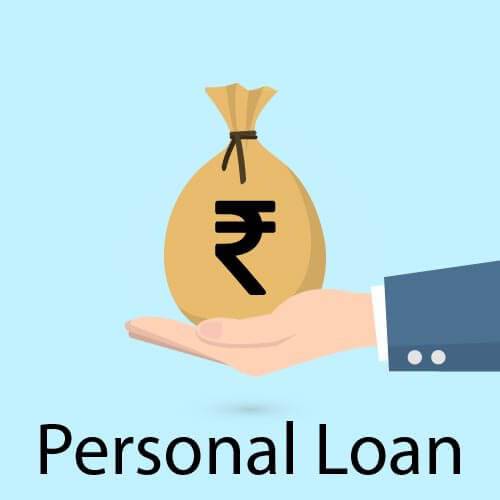
HOME LOAN
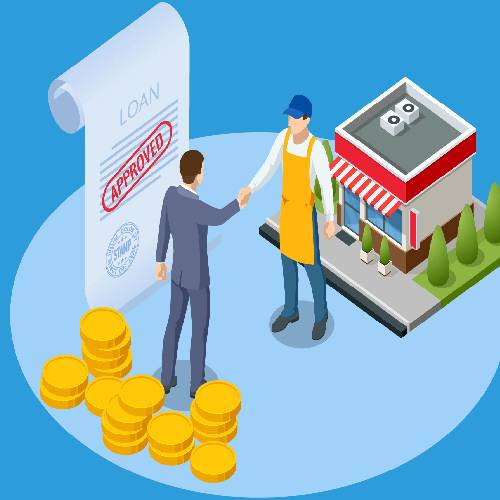
BUSINESS LOAN

CONSTRUCTION LOAN
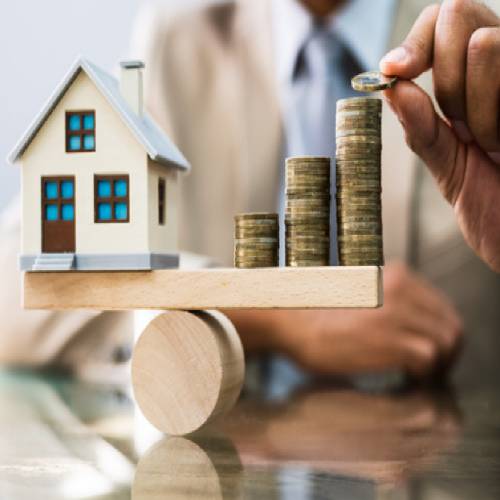
LOAN AGAINST PROPERTY
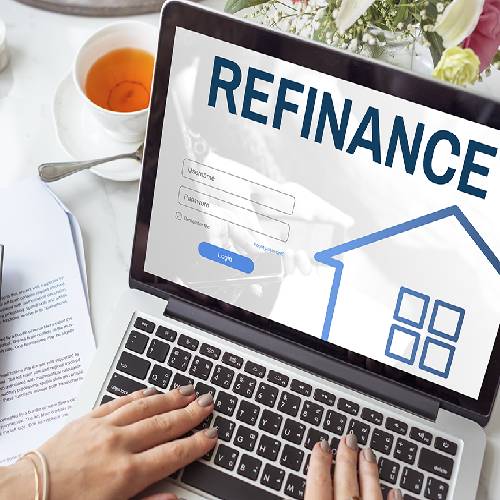
HOME LOAN RE-FINANCE

PLOT PURCHASE
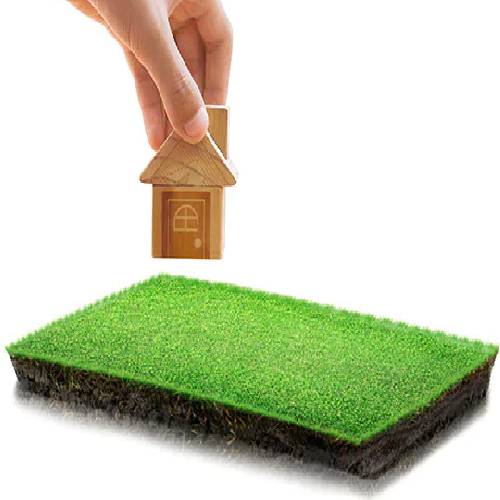
PLOT CONSTRUCTION

PLOT LAP
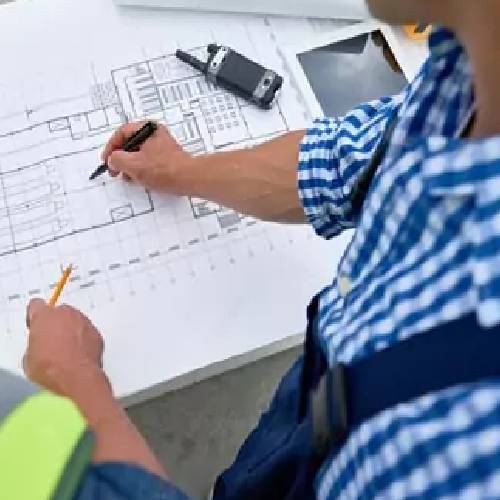
BUILDER FINANCE

GPA REGISTERED LAP

GPA NOTERY LAP

NEW CAR LOAN
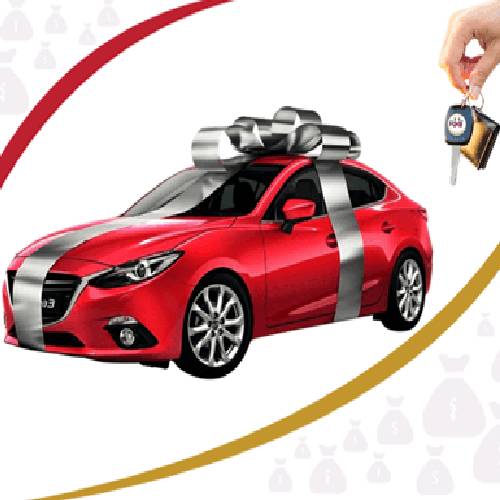
USED CAR LOAN
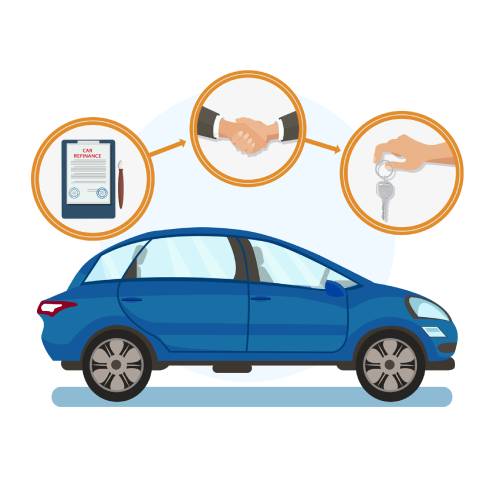
CAR RE-FINANCE
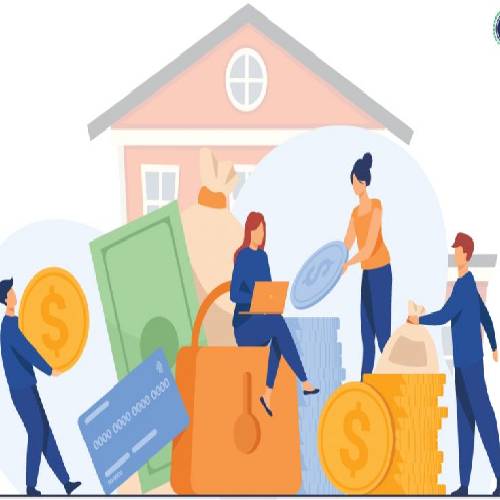
SCHOOL FINANCE
CIBIL Defaulter Loan Service in Delhi/NCR
In Delhi/NCR, CIBIL defaulter loans are becoming increasingly common due to the rising number of individuals and businesses failing to repay their loans. The primary reason for loan defaults is the lack of financial discipline and irresponsible borrowing habits of the borrowers. In some cases, borrowers take on more debt than they can repay, leading to defaults. In other cases, borrowers may face financial difficulties due to unforeseen circumstances such as job loss, medical emergencies, or business failure.
When a borrower defaults on a loan, it not only affects his credit score but also his ability to borrow in the future. Banks and financial institutions use the borrower’s credit score to determine his creditworthiness and risk profile. A low credit score due to loan defaults makes it difficult for the borrower to get any form of credit in the future. It can also lead to legal action, which can further harm the borrower’s financial position.
In Delhi/NCR, banks and financial institutions take strict measures to recover the money from defaulters. They first send a notice to the borrower informing him of the default and requesting him to repay the outstanding amount. If the borrower fails to respond or does not make the payment, the bank can initiate legal action against him. This may include seizure of assets, wage garnishment, or even a court order to sell the borrower’s property.
If a borrower is facing financial difficulties and is unable to make the loan repayment, he should approach the bank or financial institution and request for a loan restructuring or a settlement plan. In some cases, banks may agree to restructure the loan by extending the tenure or reducing the interest rate to make the repayments more manageable. In other cases, banks may agree to a settlement plan where the borrower agrees to pay a reduced amount in exchange for the full and final settlement of the loan.
However, borrowers should note that loan restructuring or settlement plans may have a negative impact on their credit score. It is, therefore, essential to carefully evaluate the options and consider the long-term implications before making a decision.
In conclusion, CIBIL defaulter loans in Delhi/NCR are becoming increasingly common due to the rising number of individuals and businesses failing to repay their loans.
Frequently Asked Questions
1. How to get loan for loan defaulters?
Getting a loan for loan defaulters can be challenging, but there are some steps they can take to increase their chances of approval. First, they should work on improving their credit score by making timely payments on any outstanding debts. They can also consider applying for secured loans, such as a secured credit card or a secured personal loan, where they can offer collateral to secure the loan. Another option is to approach non-traditional lenders, such as peer-to-peer lending platforms or online lenders, who may have more lenient eligibility criteria. It is important for loan defaulters to carefully consider their options and choose a loan with favorable terms and conditions.
2. Can I get a personal loan if I am a defaulter?
3. How to Get Loans if I am a CIBIL defaulter?
Getting a loan if you are a CIBIL defaulter can be challenging, but not impossible. First, it is important to work on improving your credit score by making timely payments on any outstanding debts. You can also consider offering collateral, such as a property or a vehicle, to secure the loan. Another option is to approach non-traditional lenders, such as peer-to-peer lending platforms or online lenders, who may have more flexible eligibility criteria. It is important to carefully research and compare the terms and conditions of different loan options before applying. Additionally, you should avoid applying for multiple loans simultaneously as this can further damage your credit score.
4. Can CIBIL Defaulter Get Home Loan?
It is possible for a CIBIL defaulter to get a home loan, but it can be difficult. Being a CIBIL defaulter means that the individual has defaulted on loan payments, which negatively affects their credit score. Lenders typically prefer borrowers with a good credit score, as it indicates that they are reliable in repaying their debts. However, there are some lenders who may be willing to offer home loans to CIBIL defaulters, but they may have stricter eligibility criteria and may charge higher interest rates. It is important for CIBIL defaulters to work on improving their credit score and financial standing before applying for a home loan.
5. For How Many Years Will CIBIL Keep Record Of Defaulters?
CIBIL (Credit Information Bureau (India) Limited) keeps a record of defaulters for up to seven years. This means that if an individual defaults on a loan or credit card payment, it will be reflected in their CIBIL credit report for a period of seven years. During this period, lenders can see the individual’s credit history and any defaults they have made. It is important for individuals to ensure that they make timely payments on their loans and credit cards to maintain a good credit score and avoid being listed as defaulters.
6. How can i check my cibil score?
You can check your CIBIL score by visiting the official CIBIL website and requesting your credit report. You will need to provide your personal details, such as your name, date of birth, and PAN card number, and pay a nominal fee to access your report. Alternatively, you can also check your CIBIL score through various credit monitoring services and financial apps. It is recommended that you check your credit score periodically to monitor your creditworthiness and ensure that there are no errors or discrepancies in your credit report.
7. What is cibil score?
CIBIL (Credit Information Bureau (India) Limited) score is a three-digit numerical representation of an individual’s creditworthiness. It ranges from 300 to 900, with a score of 750 or above considered good. The CIBIL score is based on an individual’s credit history, including their payment behavior, credit utilization, credit mix, and credit duration. A higher score indicates that the individual is more likely to repay their debts on time and is therefore considered a lower credit risk by lenders. A low score, on the other hand, suggests that the individual may have a history of defaulting on loan payments and may have difficulty obtaining credit in the future.
